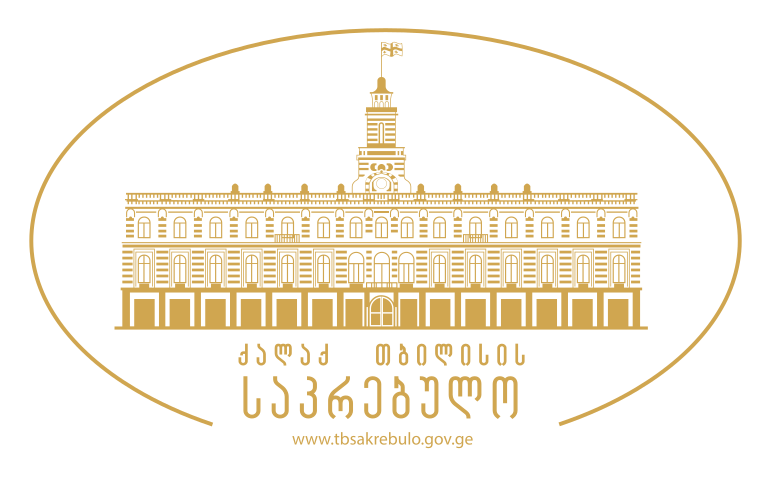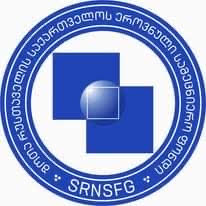049 - Comparative Literary Studies in Georgia: Challenges and Perspectives
Organized by: Iv. Javakhisvhili Tbilisi State University. Prof. Gaga Lomidze
English, Georgian
Keywords: Georgia, comparative literature, methodology
The 70-year rule of the Soviet regime (1921-1990) had a great impact on all fields of Georgian science and thought in general. For a long time, at Javakhishvili Tbilisi State University, the main courses for studying literature were: History of Georgian Literature, History of Soviet Literatures, History of Foreign Literature. Literary Relations joined these courses from 1960-1970. Literary relations became an important academic and scientific field, where important emphasis was placed on Georgian-Russian literary relations. This particular field of literary relations had a special ideological significance. In the late 1970s, and especially in the 1980s, first with Perestroika and then with the collapse of Soviet regime, Georgian literary critics began to re-evaluate the perspectives of literary theory and the teaching and research of comparative literature. The new generation of scientists were less concerned with Soviet regulations. Western critical theories and concepts have penetrated the realm of literary criticism in the USSR. In the early 1990s, when the Soviet state officially ceased to exist, the discussion of the problem of comparative literature and its establishment shifted to the field of literary theory. The most difficult period of filling in the gaps has begun. The main goal was to provide Georgian readers with effective information and approaches, trends, conditions and concepts already established in Western academic circles. As a result of these efforts, at the beginning of the 21st century, Georgian readers have already been offered qualified scientific papers created by professionals of literary theory and comparative literature. The stage of accumulation was soon replaced by analytical, when Georgian scientists were able not only to describe and convey the achievements of Western literary critics, but also to use the results of their research in original research. The interest in comparative literary studies is growing. Comparative studies is widely recognized by the new generation of Georgian students. Some of Georgian students are already participating in international exchange programs. Despite these achievements, there are still some problems that need to be addressed.
The Project was supported by Shota Rustaveli National Science Foundation of Georgia (SRNSFG) [grant number MG-ISE-22-170]

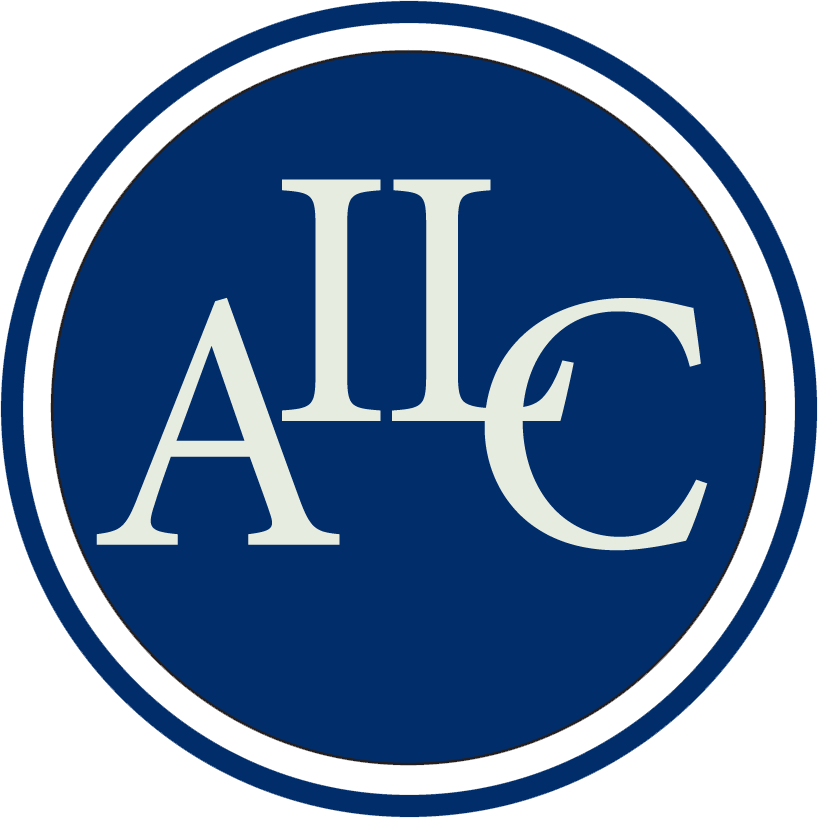
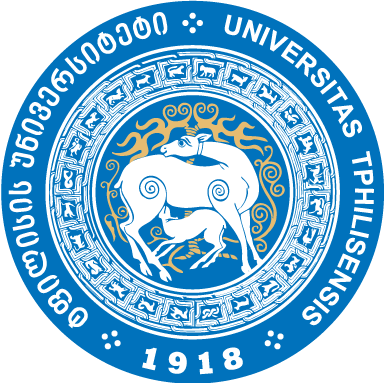

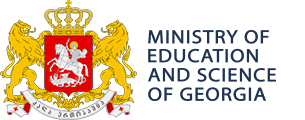
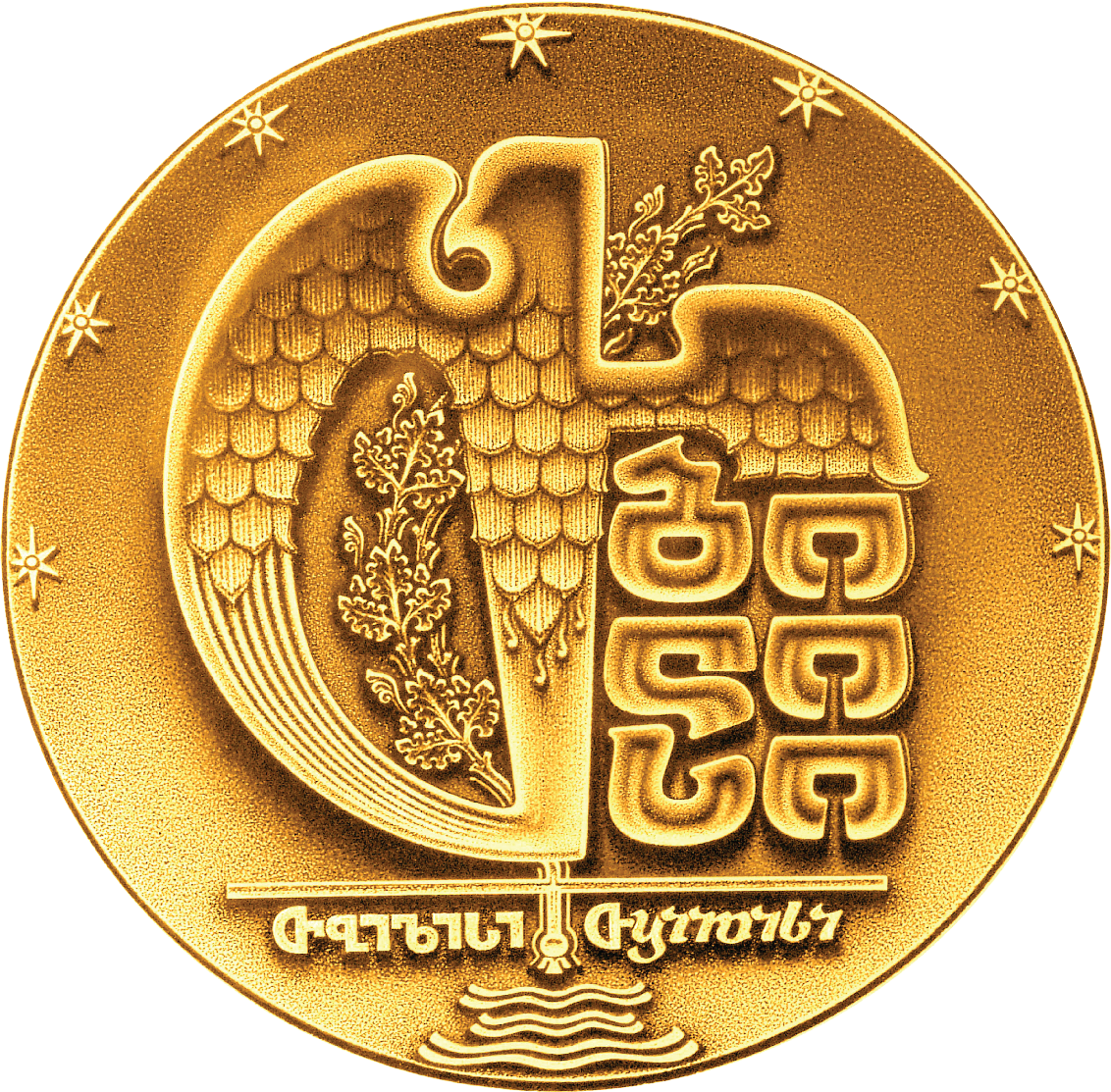

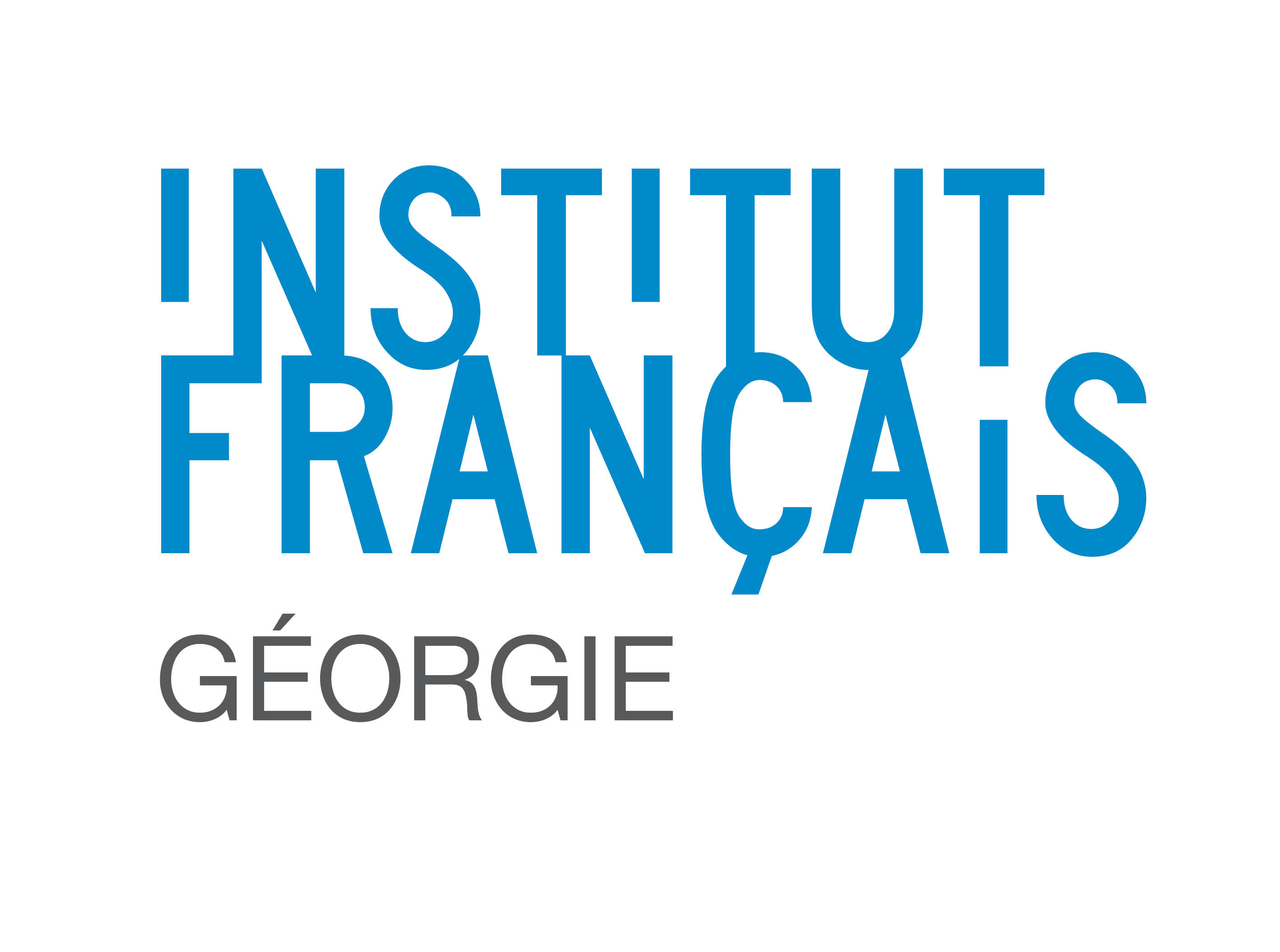


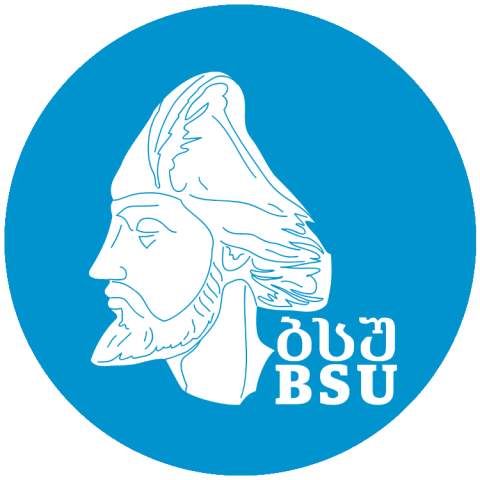

_001.png)

